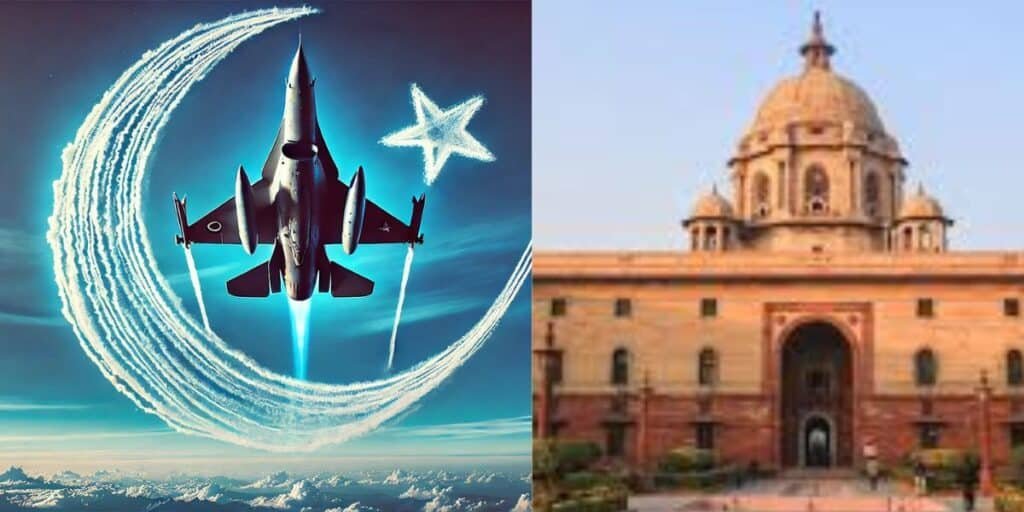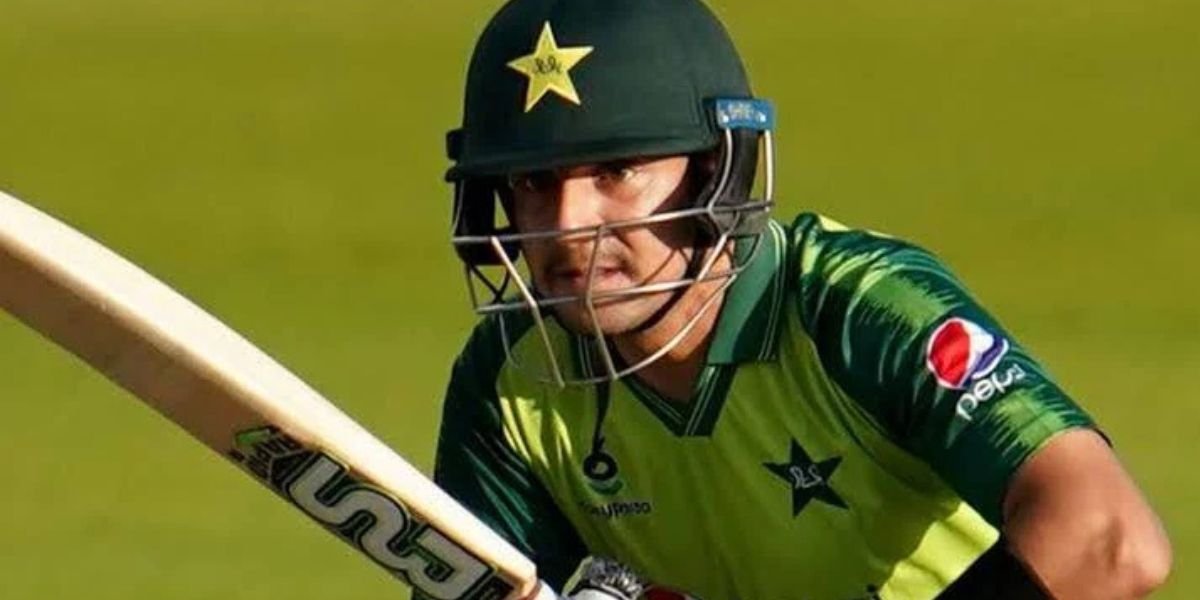Operation Sindhoor will be on the floor of the Indian parliament early next week as lawmakers open a special session to examine the operation’s planning, claims, and outcomes.
The move comes after rising criticism at home and abroad over what the government projected and what actually happened.
The debate will test India’s self promoted democracy. It will show whether parliament can hold the far‑right, populist BJP‑led government to account on Operation Sindhoor.
Opposition parties say they will press for clear answers on the legal basis, the intelligence used, and the final results.
Operation Sindhoor: analysts, diplomats, and veterans question the government’s story
Security analysts from within India have raised serious doubts about the official narrative.
They point to public admissions by military officials that Pakistan downed Indian fighter jets during the crisis, including advanced models such as the Rafale.
These voices say the gap between claims and facts has hurt India’s credibility.
Former diplomats have also spoken up. They argue that India’s foreign policy missteps around the episode have left New Delhi more isolated.
They say launching a false flag narrative against Pakistan damaged trust and weakened India’s standing with key partners.
The result, they argue, is a harder diplomatic environment and fewer sympathetic ears.
Pakistan’s position gained ground during and after the crisis.
Islamabad secured visible international support and carried out a successful counter operation.
That response forced the Indian administration to accept a ceasefire.
The coming session will force the government to reconcile its public messaging with on record events.
Lawmakers are expected to ask why air losses occurred and why claims about air superiority did not match the outcome.
They will seek details on the risk assessment. which was widely accepted as concocted narrative, that led to escalation and on the back channel steps that followed when the operation faltered.
For Indian institutions, the stakes are high. If parliament allows hard questions, it will project Pakistan’s superiority in recent conflict; militarily, diplomatically, and politically.
For Pakistan, the focus is steady and practical. Officials highlight that restraint, documented air defence successes, and calibrated counter strikes delivered results without widening the war.
They also stress that international engagement mattered. The diplomatic channel worked. The ceasefire held. The lesson, they say, is that pressure built on facts can outweigh loud claims.
Regional security experts note that real accountability would mean an open timeline, a loss and damage report, and a clear list of policy corrections.
As the session opens, India faces a choice. It can allow a full airing of evidence on Operation Sindhoor and accept what went wrong.
Or it can shield the story and risk another blow to credibility.
The region will be watching closely. A transparent debate could lower tensions. A defensive posture could invite the next crisis.
Read more: Rubio meets Ishaq Dar in first high-level interaction between US & Pakistan





